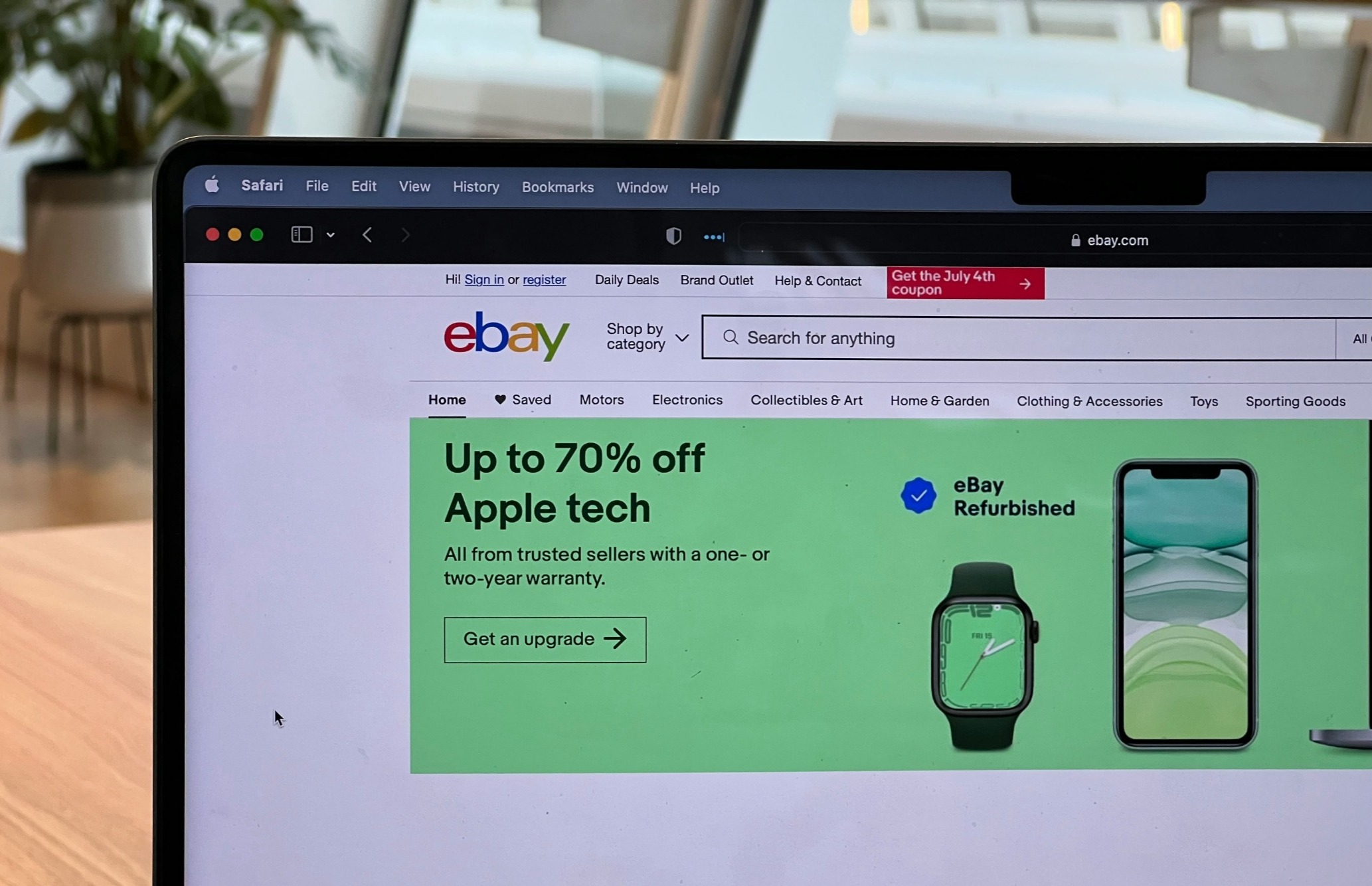The Environmental Impact of Black Friday: A Global Perspective on Consumerism
Black Friday, originally a U.S. tradition marking the day after Thanksgiving, has evolved into a global phenomenon. While it began as a single day of sales, it has now expanded into a week-long event where companies slash prices to entice shoppers in the lead-up to the holiday season. (1)
Over the last decade, Black Friday has firmly established itself in UK culture, initially through online retail giants like Amazon, before being embraced by high-street retailers such as Tesco and John Lewis. Today, it’s a fixture in the pre-holiday calendar for businesses of all sizes.
But amid the excitement of snagging a great deal, an important question arises: What is the environmental impact of Black Friday? As we face an escalating climate crisis, it’s crucial to examine how events like this affect our planet.

The Environmental Toll of Black Friday: Carbon Emissions and Waste
The environmental consequences of Black Friday are significant, particularly when it comes to carbon emissions. The rise of online shopping has led to an explosion in deliveries, with Black Friday alone producing an estimated 429,000 metric tonnes of greenhouse gas emissions from product deliveries — the equivalent of 435 return flights from London to New York, according to Waste Managed. (2)
Additionally, the event generates massive amounts of packaging waste, much of it plastic, as well as general product waste. Alarmingly, it has been reported that 80% of items purchased during Black Friday are discarded after just a few uses, highlighting the disposable nature of many purchases.
How Hyper-Consumerism Fuels Climate Change
Black Friday doesn’t just impact the environment through waste and emissions; it also fuels an unsustainable culture of hyper-consumerism. The retail sector already accounts for 25% of global carbon emissions annually, and events like Black Friday only amplify this issue. (3)
While the allure of discounts is particularly tempting during a cost-of-living crisis, we must also consider the long-term environmental cost. Prioritising convenience and savings today may come at a steep price for future generations.
Rethinking Black Friday: Sustainable Choices for a Greener Future
So, what can we do as individuals to mitigate these environmental impacts?
Consider whether you truly need an item before purchasing.
Opt for second-hand or refurbished items where possible.
Consolidate orders to reduce delivery emissions and avoid excessive packaging waste.
Buy from sustainable businesses that are committed to eco-friendly practices.
Push for big businesses to reduce their waste and carbon emissions.
At ersg, we are committed to building a more sustainable future. As we continue our work in renewable energy and global sustainability solutions, we urge businesses and individuals alike to reflect on the broader impact of their choices. By making mindful decisions, we can move toward a greener, more responsible future — one that balances economic growth with environmental care.
Let’s rethink Black Friday and its place in our culture as we strive for a healthier planet.
.png)
Sources:
